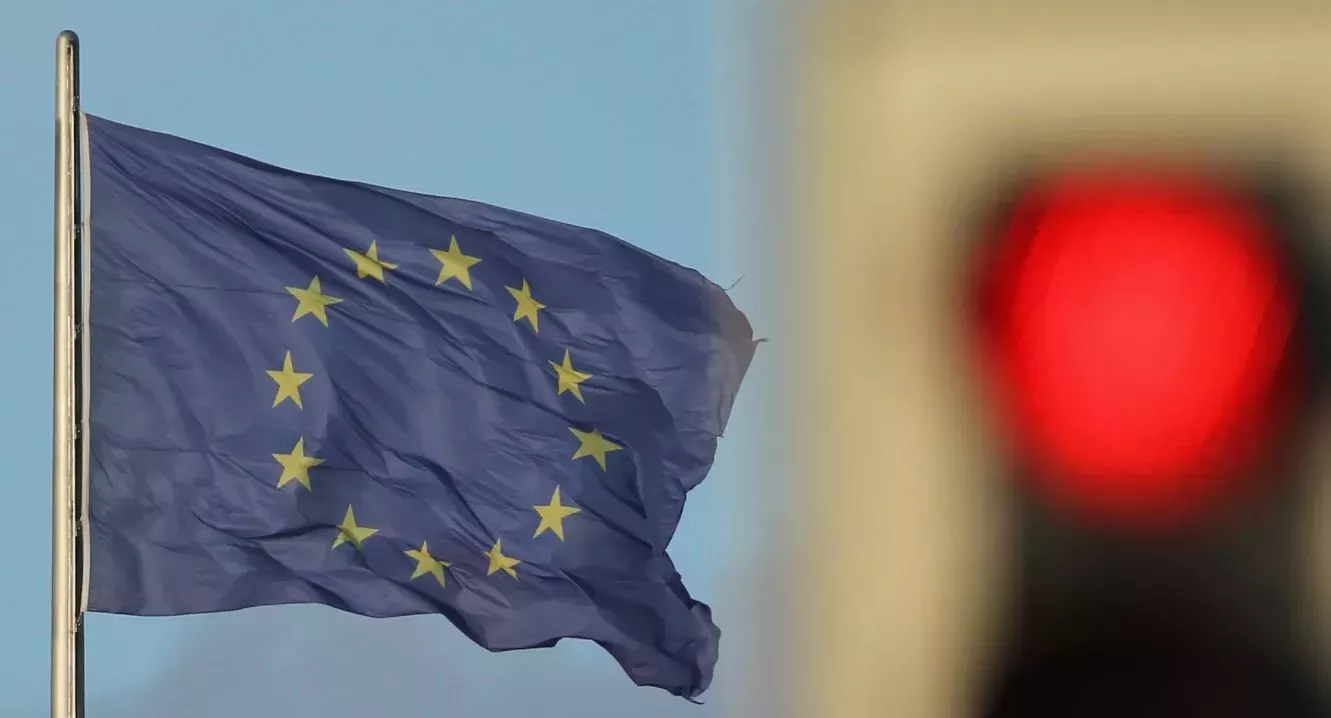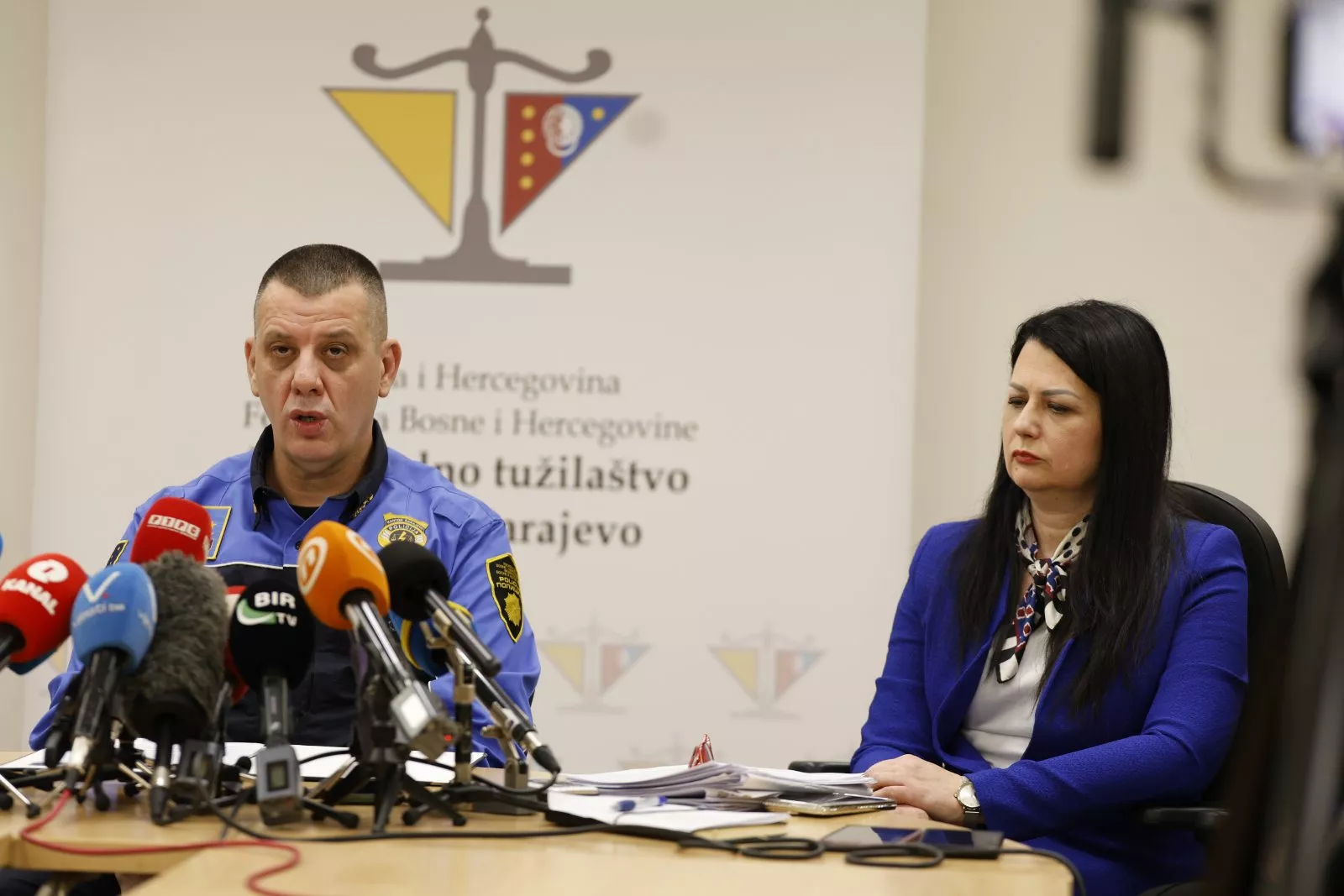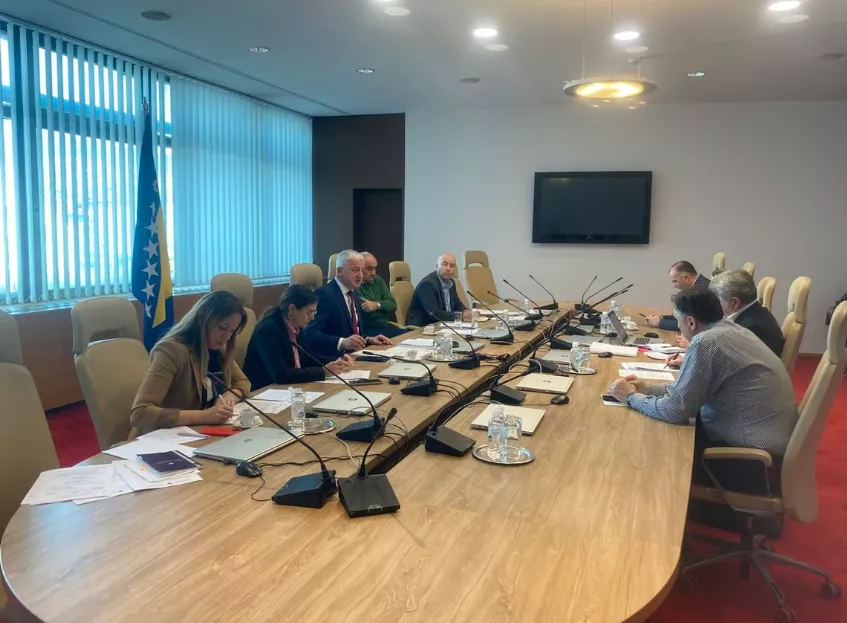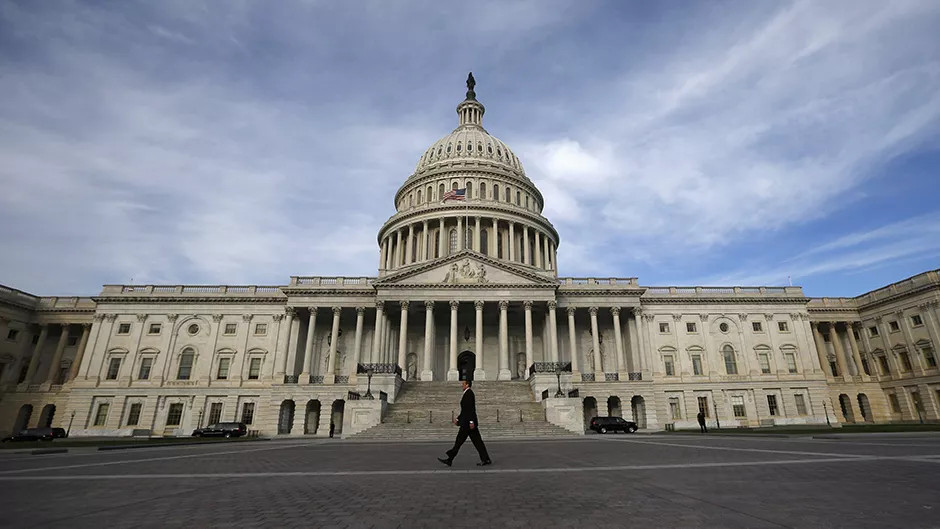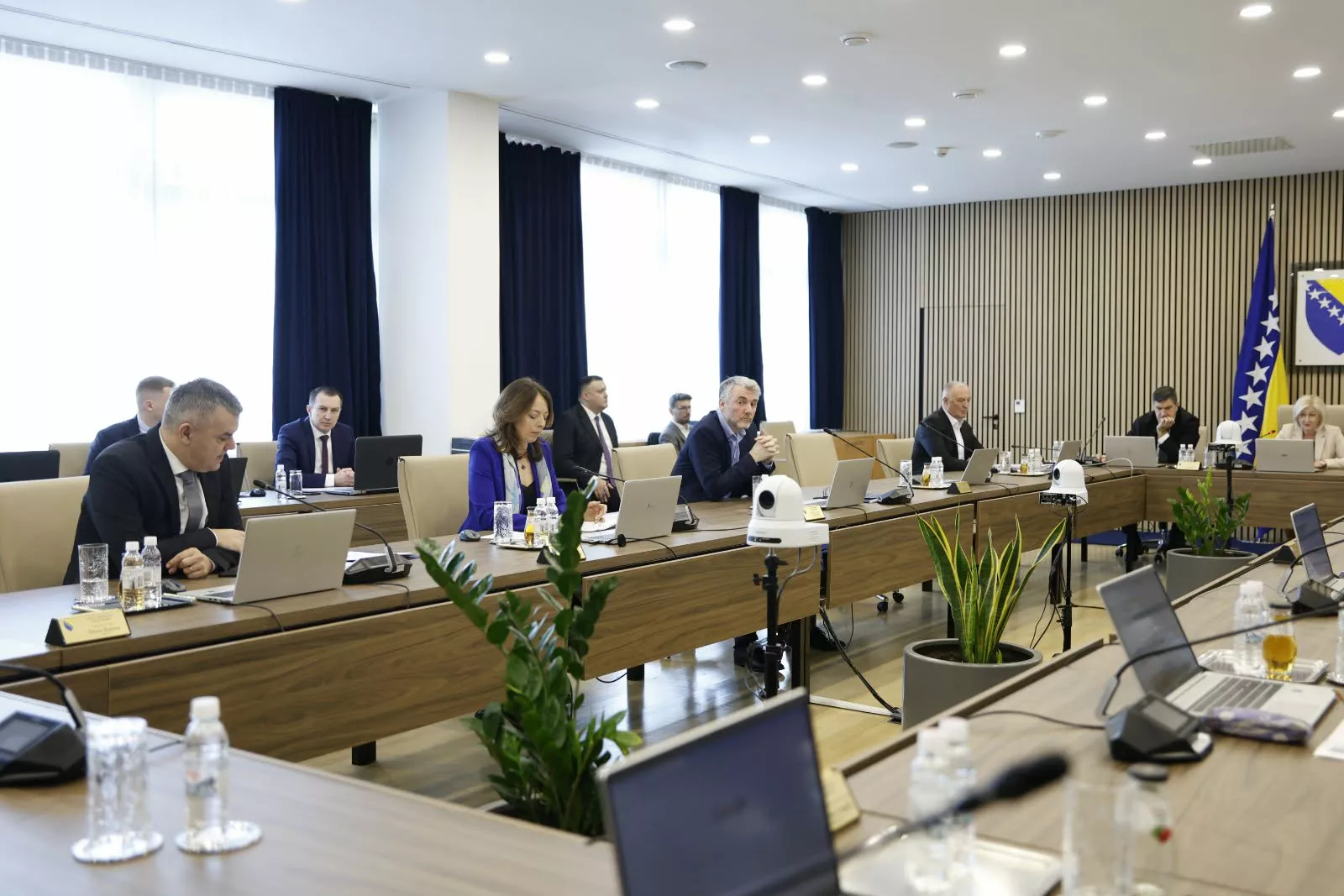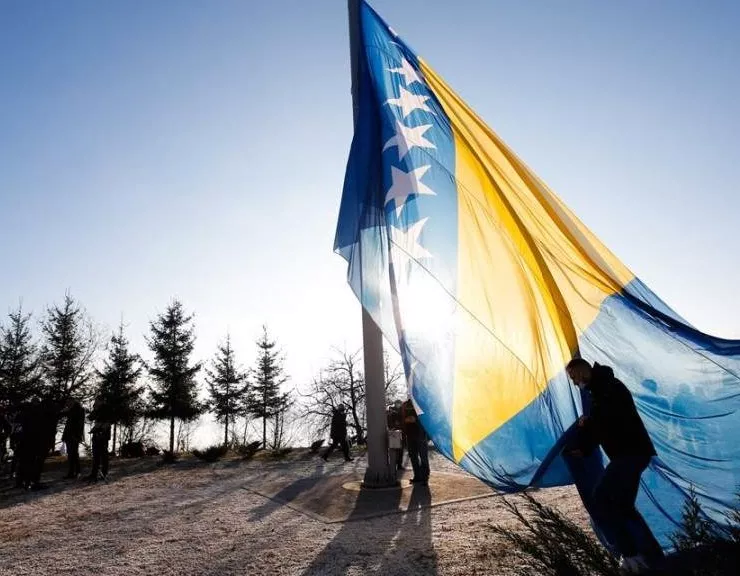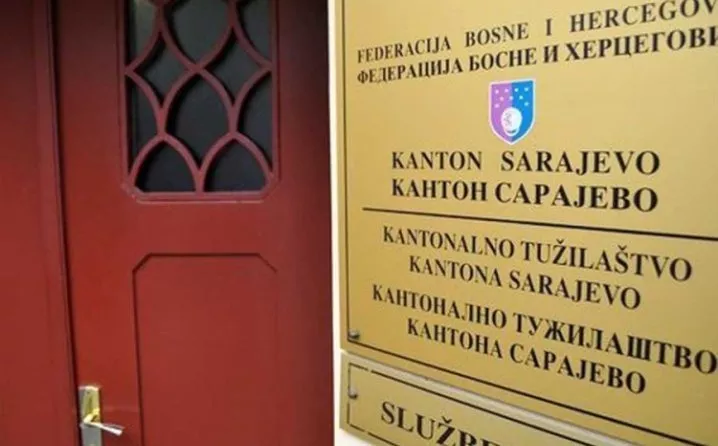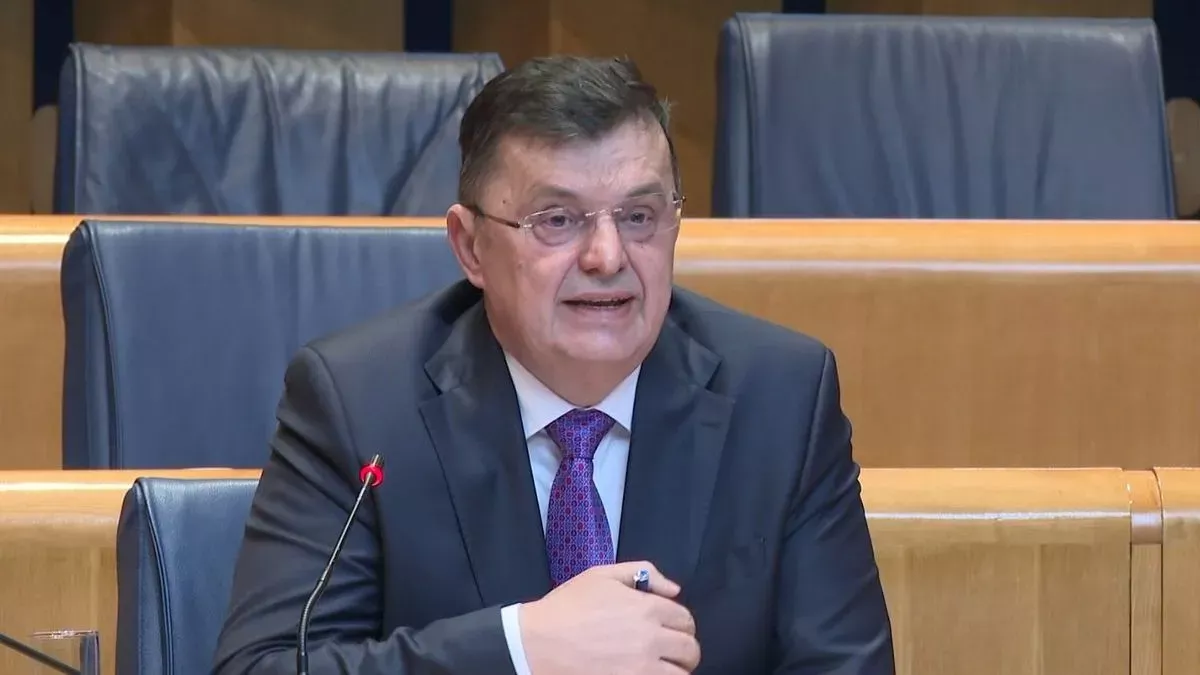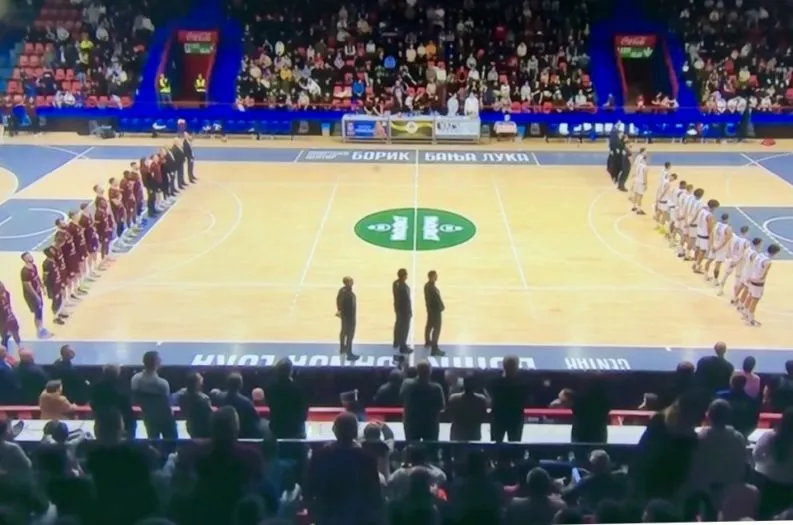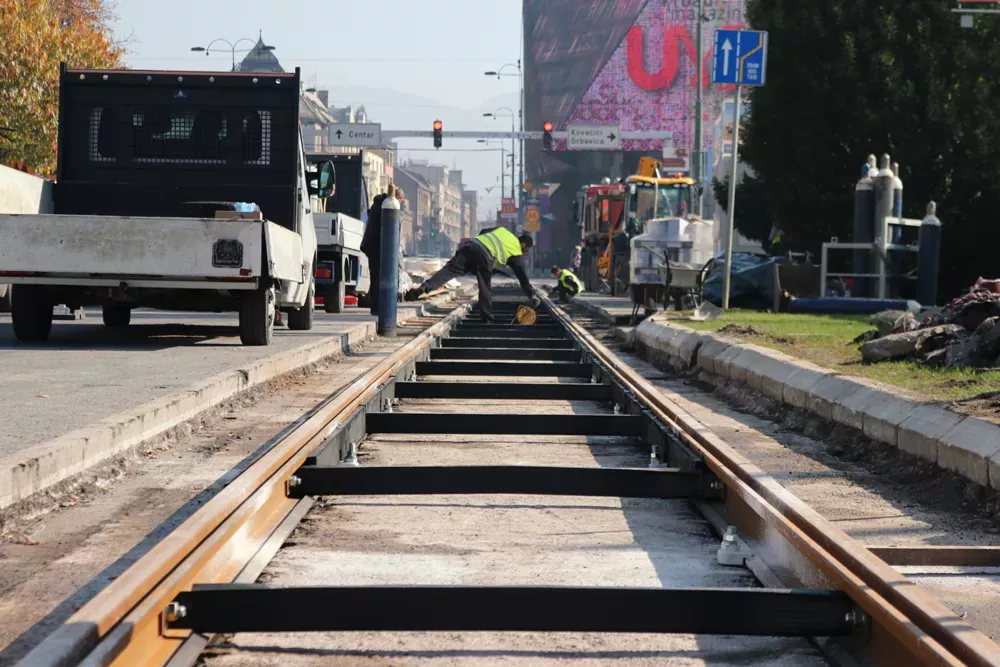
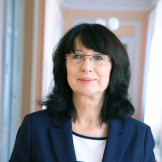
.jpg.webp)
By: Sead Omeragic
'Had HZHB not been founded, it is unlikely that we would have been talking about all this today. Maybe even somebody else would have been lighting candles for us. We are proud of HZHB and HRHB', Dragan Covic, HDZ BiH leader said during the celebration marking the 25th anniversary of the Croat community Herzeg-Bosnia.
25 years later one is in the position to talk about wishes and orders, but the truth then was entirely different. Herzeg-Bosnia from Covic's statement does not have to talk about killings and extermination of Bosniak people from 'the ancient Croat lands', yet the Hague Tribunal, the world public and the international diplomacy well know what is at the core of Covic's markings and celebrations. Para state establishment called Herzeg-Bosnia was practically a prelude to the division of BiH and secession aimed at tailoring a 'great Croatia'. As it is well known, such campaigns assume human tragedy and fascist crimes of extermination of other peoples for sake of ethnically clean territory.
There is one such paragraph in Travnik Declaration of 12 November 1992, by which Herzeg-Bosnia was founded: 'The Croat people in BiH finally must start leading a decisive and active politics, which should lead to realization of the long-standing dream – a joint Croat state.'
There are numerous other elements that can be found in the documents subsequently published in the 'Narodni list HZ Herzeg-Bosnia', which affirm the goal of independence of this para state from BiH and its accession to Republic Croatia.
All the war activities and strategic goals of the war for Herzeg-Bosnia were part and parcel of activities and war goals of the Republic Srpska. Everything was done according to the plan and the agreement of the two parties. Most of military operations of both sides against BiH Army were joint operations.
People who were not the part of the radical and brutal politics of the pre-war HDZ, remain hated by their radical compatriots. Professor Ivo Komsic, the present mayor of Sarajevo, described his pre-war encounter with Mate Boban, pre-war trader judged for stealing sugar – the leader of Herzeg-Bosnia and HDZ. Boban said to Komsic that they made a deal with the Serbs to divide Bosnia and Herzegovina. Komsic asked: 'What will happen with Bosnian Muslims?'
Boban said that they should convert to become Serbs or Croats.
'What if they don't want to do it?', asked Komsic.
'Then we will kill them all', Boban said and invited Komsic to join the project as soon as possible. Komsic rejected the offer and said that both Boban and his politics will be defeated by those he (Boban) meant to 'kill all'.
It was not only professor Ivo Komsic revealing details of incredible catastrophe that Boban's Herzeg-Bosnia was preparing for Bosniaks. Before the end of the war, numerous Bosniak Croats lost their homes and their homeland.
Both professor Komsic and Kresimir Zubak, the latter being an esteemed Croat politician in BiH, became familiar with the real rationale behind Tudjman's trade politics during the negotiations in Dayton, at the end of 1995. When somebody asked not to let Serbs have Posavina (mainly inhabited by Croats), Milosevic reacted saying that 'he agreed with Franjo (Tudjman) while ago about Posavina'. It was in despair that Zubak requested a tete-a-tete meeting with Tudjman. Following a discussion for nothing in one of the rooms, Zubak left with tears in his eyes because the Croatian president did not even want to listen to him. Instead, Tudjman told him that the surrender of Posavina had been agreed with Milosevic long time ago and there was nothing to be done.
Stjepan Kljujic, the first president of HDZ, hardly survived a heavy poisoning at a conference of HDZ that took place in 1992 in Siroki Brijeg. That was the reason for him to file in his resignation and pass on the leadership to the West Herzegovina HDZ. Stjepan Kljujic never accepted to act as a coward or an opportunist as regards the HDZ politics, which had worked on dividing BiH.
Some CIA documents state that, on 2 August 1993, the White House considered the possibility of the United States launching a direct and intensive attack on Croatia because of Tudjman's maltreatment of Bosniaks. That was when pictures and proofs of crimes against Bosniaks from Herzegovina became public, with horrid pictures of the concentration camps in Dretelj and Heliodrom, which shocked the world.
During a meeting with the US officials, Alija Izetbegovic was asked if peace with the Croats was possible.
- The official Zagreb only wants to divide BiH, then BH president said and the American diplomats immediately agreed.
Searching for peace, the Americans began to learn the real essence of the war against BiH. Towards the end of the war, Washington requested Milosevic to impose sanctions against the Serbs in the RS. When Milosevic closed all the taps with poor resources for Bosnian Serbs, and when he cut all the relations with Pale, Tudjman quickly got closer to Karadzic and started smuggling oil and other goods with the Republika Srpska.
Nobody knows the kind of agreements that sudden allies Tudjman and Karadzic had had. However, while the battle for Drvar and Bosansko Grahovo was going on, and while HVO was encircling Kninska Krajina from BH territory, the Army of Republika Srpska was heavily shelling Orasje corridor, without any apparent strategic goal or reason. Neither side was really attacking anyone.
The postwar period saw a continuation of insincerity of the Croat leadership towards BiH and Bosniaks. Kresimir Zubak, then an official of newly formed Federation, only confirmed what they already knew:
- Zagreb sees the Federation only as a means to divide BiH.
That is also confirmed today by the latest moves of the present Croat leadership towards BiH.
Hence when Covic says: 'Had it not been for Herzeg-Bosnia', there would have not been the Croats', it is clearly figure of speech that politicians use when they have nothing to say. Even when they do have something to say, everything they say is just a common lie.
